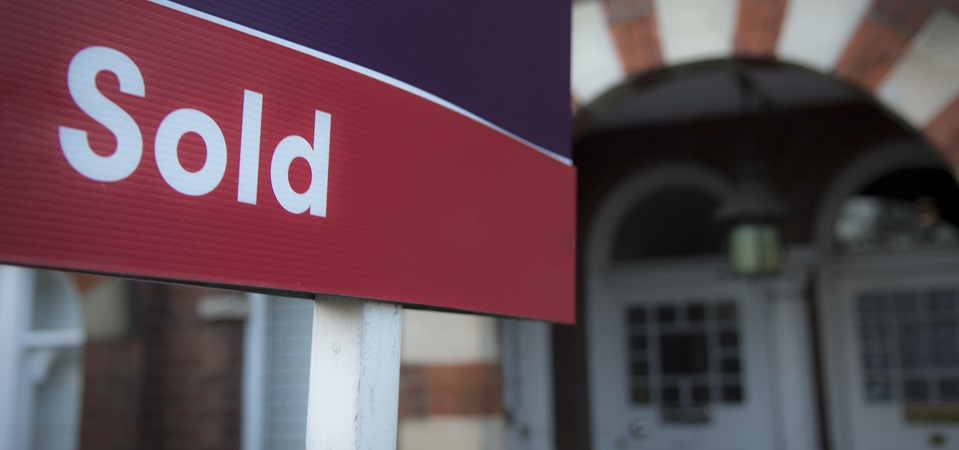A legal expert has welcomed the announcement by Chancellor Rishi Sunak of a stamp duty ‘holiday’ designed to boost the property market.
The Chancellor announced the temporary measure during his Summer Statement on Wednesday, increasing the tax threshold until March 2021. It will start with immediate effect.
The rules apply to English residential properties only, and applies to purchases completing between 8 July and 31 March 2021 – after which, previous stamp duty land tax rates will apply.
Jennifer Prysiaznyj, specialist conveyancing solicitor at WHN Solicitors, said the measure was great news for buyers who could potentially save thousands of pounds, but warned it could lead to a slump in the market next Spring.
She said: “The threshold at which stamp duty is payable has increased to £500,000 for residential properties.
“In practice this means that the buyer of a property with a purchase price of £500,000 will save £15,000. This will make a huge difference to the overall cost of buying a house and should indeed have the desired effect of boosting the property market.
“It also makes no difference whether people are a first-time buyer or have owned property previously as the same rates will apply.
“We have spoken to clients who will use the money saved on stamp duty to carry out improvement works to the house – which in turn will help boost the local economy.
“Many people, who completed their purchases prior to 8 July, are disappointed that the reduced rates cannot be backdated. In some cases buyers have missed out on significant savings just by completing 24 hours before the announcement.
“It is possible that after 31 March 2020 we could see a slump in the property market when the previous rates are introduced, but a lot could change in that time so we will be watching with interest.”
Under the new rules, there is no stamp duty charged up to £500,000, then from £500,001 to £925,000 the rate is 5 per cent; up to £1.5m it is 10 per cent and over £1.5m it is 12 per cent.
Different rates do still apply for purchasers who already own property and who would be subject to the ‘additional dwelling’ rate of stamp duty – a surcharge of 3 per cent is incurred. Even with this surcharge, the new rates do still equate to significant savings for such purchasers.













